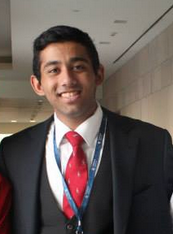
The vision for THIMUN Singapore this year was simple: to make every participant a better debater, leader and person. I am confident in saying that this vision was accomplished. The theme for the conference was energy and sustainability, a topic that permeated all the committees in session; from the Security Council to the General Assembly. More than ever, the issues showed the need for sustainable governance, societies and economies.
The first day of the conference was dedicated to the Student Officer and Press Team workshops. The student officer workshop focused on preparing the officers to handle all the intricacies and challenging of chairing. The chairs were tested by committees through strenuous situations, from the outbreak of rebellion to the presence of sleeping delegates.
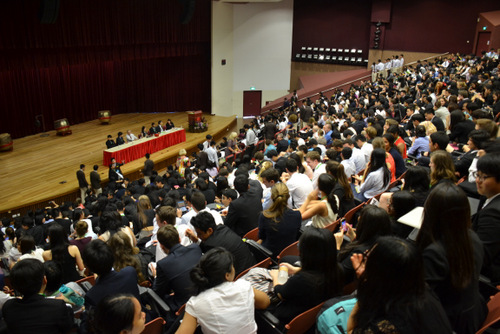
As the Hwa Chong Institute’s SALT center started to swell with incoming delegates on the morning of the second day, the first lobbying sessions of THIMUN Singapore 2013 were starting. The executive team spent the day checking up on the progress of the delegates in all the committees, and the dedicated and passionate lobbying that we saw did not surprise us. Delegates spoke back and forth for hours on end, as resolutions, USBs and co-submitter sheets were passed around.
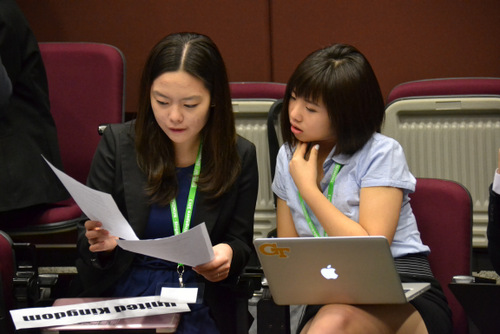
The next few days were filled with intense debate and thorough passing (and failing!) of resolutions. GA 1 garnered a bit of notoriety when its delegates failed their first six resolutions. Overall however, each committee passed slightly more resolutions than they failed.
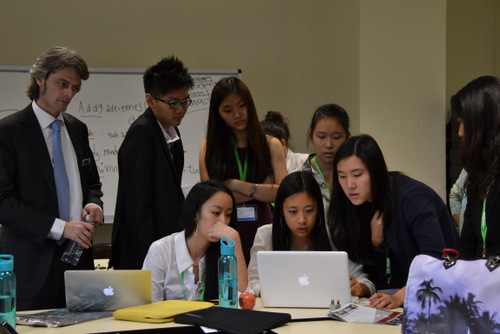
The conference, as most of the attendees would attest, was a success. I believe that the culture instilled not only this year, but in years past was what made THIMUN Singapore 2013 so successful. Implementing a culture of assiduous work, diplomacy and enjoyable networking is a challenge to instill, let alone retain with such a large event. It took a concerted effort from everyone involved with the conference to make sure that the ideal culture and vision was present.
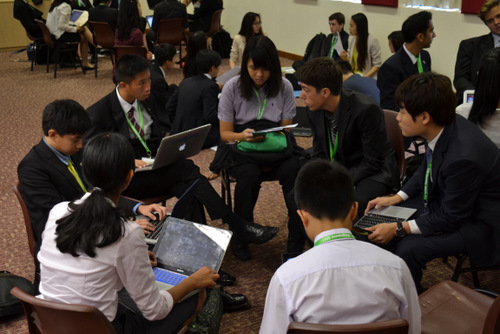
For this year, the executive team, and subsequently the student officers made a tremendous effort to place the greatest emphasis on diplomacy and debate; a culture that was critical to our vision. The fruit of this labor was evident from the very first day of lobbying, as the committees became more about the quality of resolutions and the need for effective solutions than the petty arguments related to the roles of main submitter and co-submitter. As the latter sessions went on, the quality and success of the conference was evident in the debate of the delegates. While the need for quality resolutions was still there, the delegates strived to pass as many resolutions as possible.
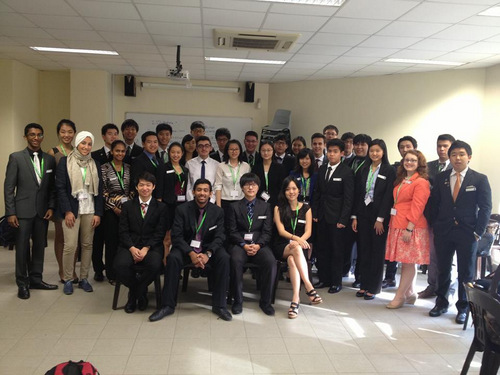
The best MUN conference experience is one from which a participant draws not only a valuable learning experience and develops skills, but also has an enjoyable time with the presence of peers. THIMUN Singapore 2013, as I can gladly state, gave this experience to everyone involved. It was the dedicated effort of everyone involved that lead to this conclusion; ultimately we all strived to not only have a valuable learning experience, but also one of the most enjoyable experiences in our lives thus far.


